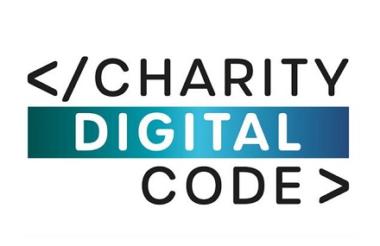The final version of the Charity Digital Code of Practice has been published today, alongside a range of resources to help charities make better use of technology.
The code has been developed to help charities boost their digital skills. It includes a separate version aimed at small charities and has been divided into seven key principles. A set of resources have been curated for each principle and there are videos from sector leaders explaining how digital has helped them.
Separately a new tool has launched which aims to help charities benchmark their progress against the code.
The principles are:
- Leadership
- User led
- Culture
- Strategy
- Skills
- Managing risks and ethics
- Adaptability
The development of the code was funded by Lloyds Banking Group and the Co-op Foundation. It has been managed by a steering group of representatives from across the sector and chaired by independent digital expert Zoe Amar.
A draft was published for consultation this summer and received 171 responses.
Amar said following feedback there is “more focus on chief executives” and the “pivotal role” they play in “driving digital change”.
She said it is also a bit “clearer” that “ultimately digital should be part of your core strategy – that is what you should be aiming for” although in the beginning having a separate digital strategy can help to start the process of digital transformation.
The codes has been backed by the Charity Commission and Sarah Atkinson, director of policy, planning and communications, said: “Digital is changing the way the public behaves. For charities to stay relevant, increase the difference they can make, and protect their charity from risks, understanding and engaging with the digital world is vital.
New benchmarking tool
Separately a tool has been launched that charities can use to work out how they measure against the code.
Charity Digital Code Quick Assessment Tool has been developed by Martin Campbell, chief information officer at World Vision, and Hubbub Fundraising.
Once enough charities have used the tool he is hoping to publish a benchmarking report highlighting trends in the sector.
He told Civil Society News he hoped it would help charities to “understand where they are on a broad spectrum” and also how different parts of their own organisation view digital.
|
Related articles











